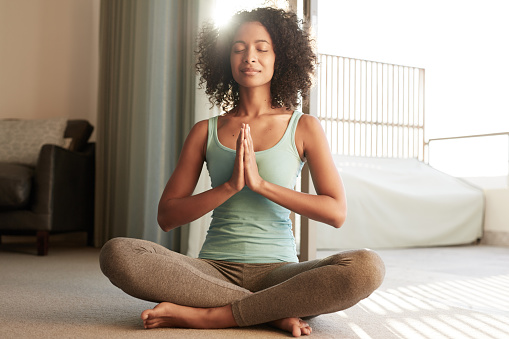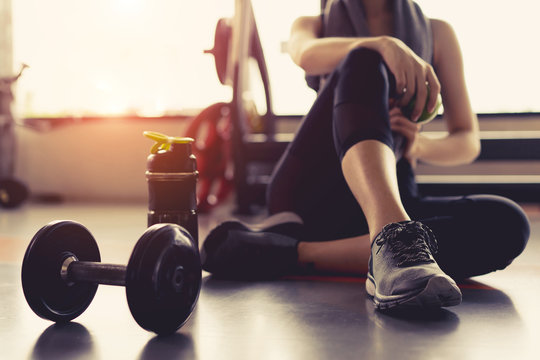
Morado Year 7 Group 2
•
3 mins read
Quality sleep | Fall asleep fast
A majority of kids and teenagers these days are having trouble falling asleep at night, how can this affect our lives and how can you solve this? So let’s start by looking at the causes of not being able to sleep.
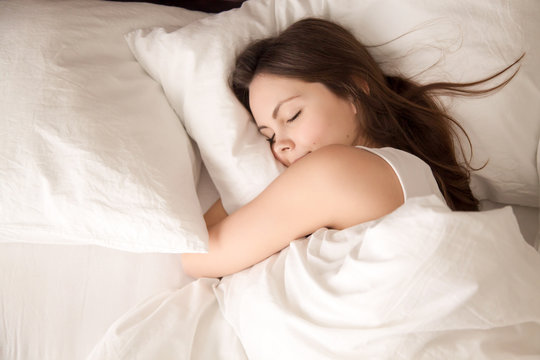
Causes
There are two main causes; physical problems and mental problems
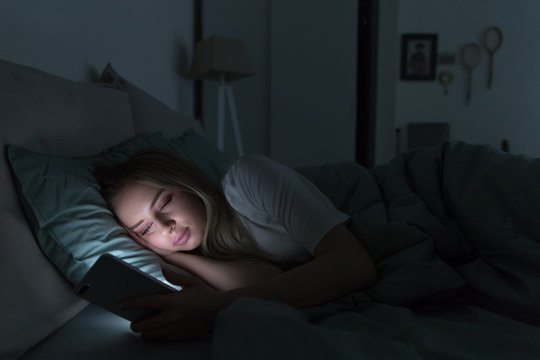
Consequneces
You will struggle to focus, concentrate, and remember things, all of which have a significant impact on studying and students, if you don't get enough sleep. While getting insufficient sleep can result in health issues like headaches, high blood pressure, weight issues, and obesity at night, it can also leave you feeling tired throughout the day and leave you feeling lethargic, sluggish, and cranky.

Solution
Tip #1 - Keep it consistent
Consistency is key to having a good night's sleep. A reliable schedule that is both flexible and not extremely rigorous should be established if you want to get a decent night's sleep. Try to complete all of your work before the time you want to go to bed. Use a reliable alarm clock, aim for a maximum of two alarms, and be dedicated and determined that you'll wake up the next day feeling energised.
"A renewed you after taking small steps each day and night that make a big difference in your sleep health." - National Sleep Foundation

Tip #2 - Exercise More
Try to exercise every day or, at the least, engage in some form of physical activity for at least an hour each day, such as taking a walk or performing a brief workout. Exercise can ease depression and anxiety and promote greater mental relaxation. People who exercise fall asleep faster because daytime exercise can cause melatonin to release earlier in the evening. Exercise does, however, have a drawback when done right before bed.

Tip #3 - Environmental factors
As mentioned above, you must avoid disturbing the circadian rhythm to fall asleep more quickly. You can do this by keeping the room's temperature and brightness as low as possible, abstaining from late-night meals and caffeinated beverages, avoiding staring at a screen, and relaxing your body's muscles.
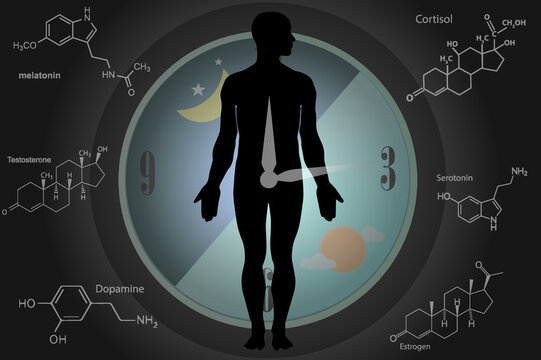
Tip #4 - Reduce stress and meditate.
Sometimes our anxiety is so over the top that our brain won't shut off ane allow us to go asleep. Therefore, practicing breathing techniques and meditation will help you focus on the now rather than what has happened or will happen in the past or future. The best breathing technique I've found is called box breathing, which involves inhaling, holding, exhaling, holding, and repeating for the same amount of time. You can do this as long as it takes you to unwind and fall asleep, and it can also serve as a diversion to help you focus on your breathing and not get distracted.
